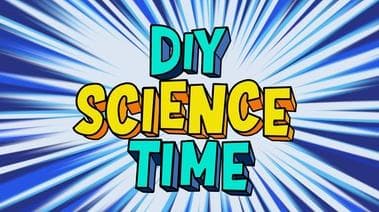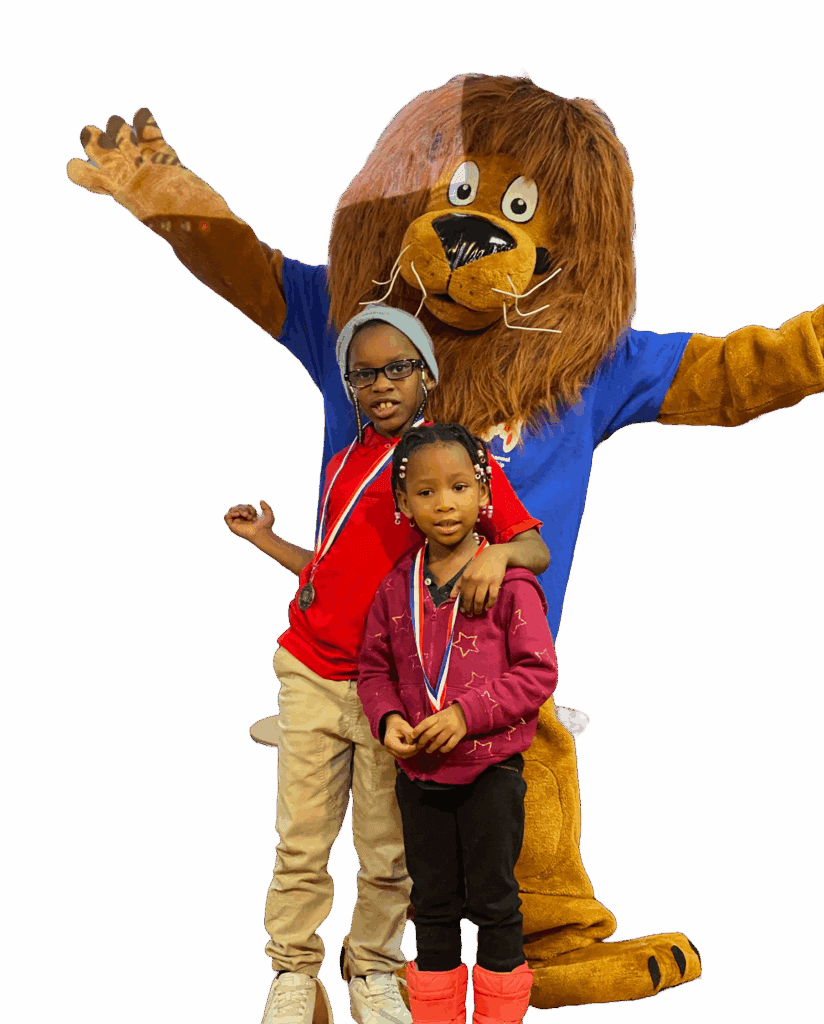
4th Grade – 5th Grade
6th Grade – 8th Grade
Science
DIY SCIENCE TIME LEARNING ADVENTURES
DIY Science Time investigates the world through experiments, demonstrations and activities. Viewers are invited to join along with host Mister C and his science crew to complete fun DIY science experiments, using household materials. DIY Science Time is designed for students in grades 4-6 but may also be of interest to younger or older children.
No collection selected






